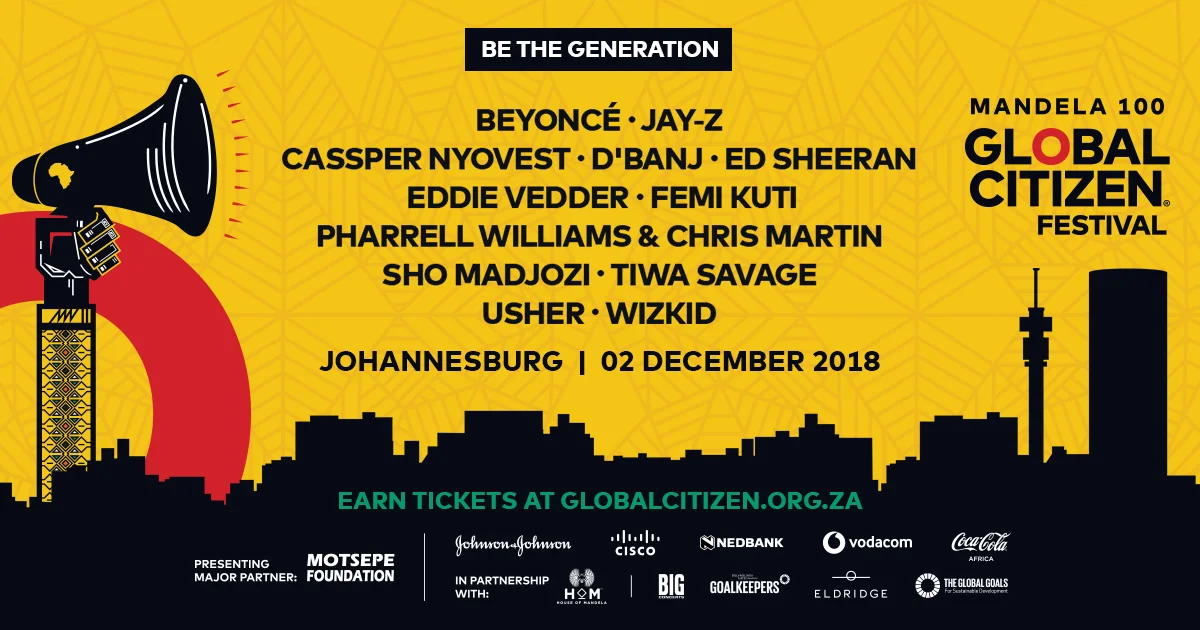Food counterfeiting threatens the world’s most vulnerable people, and more and more people in South Africa are believed to be consuming food and drink that’s putting their health at risk.
Businesses in South Africa — especially in townships and rural areas — have been accused of selling fake food items, including meat, bread, and cool-drinks.
Take action: Urge Zambia to Help Children Live Free From Hunger and Malnutrition
Often these products are cheap and are in high demand, and many poorer people are left with little choice but to buy and consume these products.
But most of these people are unaware of the health implications of consuming these food items.
The National Department of Health said this week it has seen with concern the food-related videos that are circulating on social media about the alleged “unsafe” manufacturing of certain fake foods.
The department added that it believes this “fake” and expired produce that’s allegedly being sold to unsuspecting customers is damaging their health.
“Due to the high volumes of complaints received by the department in the past few days, we take these allegations seriously as potentially dangerous to human health,” Popo Maja, the department’s spokesperson, told Global Citizen.
The department added in a statement: "While the authenticity of these videos cannot be verified, some cases are currently being investigated by the environmental health practitioners based in municipalities. We have the responsibilty to determine if there is truth to these allegations, and where necessary take urgent action against perpetrators."
According to a statement released by the national Department of Health, they have noted with concern, food related videos that are circulating on social media about the alleged ‘unsafe’ manufacturing of certain fake foods in South Africa. https://t.co/b9TKWXMzNG
— looktzaneen (@looktzaneen) August 29, 2018
One mother Bongekile Nkosi, from Tembisa, east of Johannesburg, told Global Citizen that her daughter had become ill as a result of counterfeit foods.
“The first time my daughter Phindi became ill I never suspected that it might be the bread we brought the night before at a shop nearby,” she said, pointing out that Phindi, 12, had had no allergies before the incident.
“It was as though she had eaten something that was poisonous and I feared for her life as I had never seen her so ill,” Nkosi added.
Learn more: Global Citizen Festival: Mandela 100 on Dec. 2 in Johannesburg
As Phindi’s condition worsened, Nkosi reportedly went to see a doctor, who confirmed that ingredients used in the bread were making her child sick.
“Her immune system was attacked by a raising agent that was put in that bread which the caused her to have diarrhea and develop what seemed like a cold,” Nkosi continued. “She had a bad rash which I had mistaken for an allergy.”
But Nkosi, like most people, had no idea that many food products being made available to her in shops hadn’t been approved by organisations like the National Regulator for Compulsory Specifications (NRCS).
The NRCS forms part of the South African Bureau of Standards body and it inspects, regulates, certifies, and tests products before they reach consumers.
“But these shops are not inspected, so we are sold harmful products which we consume unknowingly,” Nkosi said.
Many businesses, both formal and informal, have come under the spotlight in recent months, according to the Department of Health, for selling potentially counterfeit food products that could be putting South Africans at risk.
Maja highlighted a number of foods and drinks that have been described as fake, harmful, or expired, after surfacing on social media, including beef, mutton, bread, margarine, syrup being sold as honey, baked beans in a fish tin, and coke with “things” moving inside.
Paul Sanders from Eersterust in Pretoria told Global Citizen he believes these fake products not only have an impact on health, but also on the economy.
“Business people who buy and sell legitimate products lose out as they can’t compete with the guys who sell fake items, and our economy can’t withstand it,” he said.
According to South African Revenue Services (SARS), all economic activity — whether legal or not — is subject to taxation.
“The impact of activities within the illicit economy is a real threat to the country and its impact is huge,” it says on its website.
SARS says this illicit economy ranges from the underground economy, which operates outside of the rules and regulations of the country, to organised crime.
Earlier this month, the Citizen newspaper reported that the South African police raided a factory in Hartswater, in the Northern Cape province, that was found to be holding millions of rands worth of counterfeit goods, including household goods.
Police spokesperson Brigadier Sabata Mokgwabone said the factory was closed down by police, and six suspects were arrested during the operation.
“Police found goods including well-known branded spices, baking powder, instant yeast, sanitary towels, shoe polish, and other counterfeit items,” he said. “Police also confiscated the machinery used for the alleged manufacturing and packaging of the goods.”
South African Bureau of Standards (SABS) spokesperson Bjorn Buyst told Global Citizen that producers of these products often cut out the requirement of testing products — because testing products for quality comes at a price.
Buyst said because SABS is a non-mandatory institution, the brands or products are not mandated to test their products — a change that was introduced by the government “to ensure equal trade and close monopoly.”
The Global Citizen Festival: Mandela 100 is presented and hosted by The Motsepe Foundation, with major partners House of Mandela, Johnson & Johnson, Cisco, Nedbank, Vodacom, Coca Cola Africa, Big Concerts, BMGF Goalkeepers, Eldridge Industries, and associate partners HP and Microsoft.
